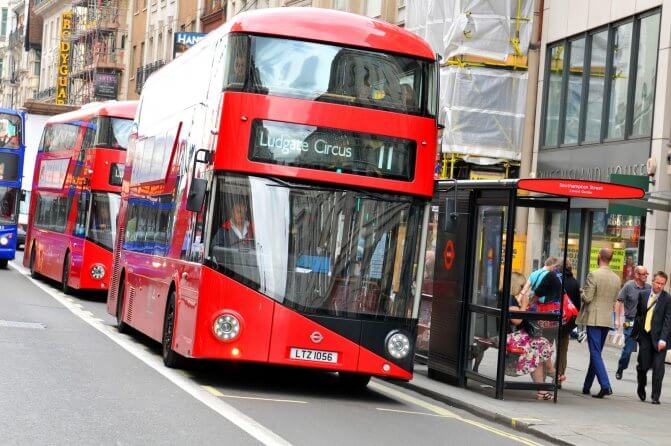Costs of Living in the UK
The cost of living for students in the UK can vary depending on factors such as location, lifestyle, and accommodation choices.
Determining an exact amount for living expenses is challenging, as it depends on individual lifestyles and needs. The cost of living in the UK varies based on the region and personal preferences. London tends to be more expensive than other areas while living costs are generally lower in northern England compared to the south. Overall, expenses fluctuate across the UK, making it hard to establish a fixed cost of living. Here’s a breakdown of typical expenses:

Accommodation
Housing is often the largest expense for students, with monthly rent ranging from £400 to £800 or more across the UK, depending on the accommodation type and location. In London, however, costs are notably higher, ranging from £600 to £1200 or more monthly. Housing options include university halls, private accommodation, shared houses, and purpose-built student accommodations, with shared houses offering a cost-effective choice at £400 to £800 monthly, while purpose-built accommodations, with added amenities, can range from £600 to £1000 or more per month.
Food
Grocery expenses for students can fluctuate based on several factors. Those who opt to cook meals at home typically spend less than those who eat out frequently. Budget-conscious students often plan meals, shop for ingredients in bulk, and prioritize affordable options. However, students with dietary restrictions or specific preferences may incur higher grocery costs. Additionally, the choice of supermarket and location can impact expenses. While £150 to £200 per month is an average estimate, individual spending habits and circumstances may result in higher or lower grocery expenses.


Transportation
Public transportation costs for students vary depending on factors such as the city of residence and frequency of travel. Cities often provide discounted student fares for buses, trains, and trams, making commuting more affordable. However, costs can fluctuate based on individual travel needs and preferences. Students who live closer to campus or have access to campus facilities may spend less on transportation compared to those who live further away or require frequent travel for work or leisure. While an average estimate ranges from £50 to £100 per month, actual expenses may differ based on location and usage patterns.
Utilities
When residing in private accommodation, students must account for various utility expenses, including electricity, gas, water, and internet services. These costs typically range from £100 to £150 per month, but they can vary based on factors such as usage habits, the size of the accommodation, and the efficiency of appliances. It's important for students to budget for these utilities and monitor their usage to avoid exceeding their budget. Additionally, students should inquire about any additional fees or charges associated with utility services when renting accommodation to accurately estimate their monthly expenses.


Books and Supplies
The cost of textbooks, stationery, and study materials can vary depending on the specific requirements of your course. While some courses may require extensive reading materials and specialized equipment, others may have fewer material needs. On average, students should budget between £50 to £100 per academic year for these expenses. However, it's essential to check the syllabus and course materials list provided by your university or college to estimate the exact costs accurately. Additionally, consider exploring options such as second-hand books, digital resources, and library loans to help manage expenses.
Social and Leisure Activities
Allocating a portion of your budget for socializing and leisure activities is important for maintaining a balanced lifestyle while studying. These expenses can include dining out, entertainment, sports activities, and occasional travel. The costs associated with socializing and leisure will vary depending on your interests, preferences, and lifestyle choices. Students who enjoy dining out frequently or attending concerts and events may need to budget more for entertainment expenses, while others who prefer low-cost or free activities may spend less in this category.

Overall, students should budget for a total cost of living ranging from £700 to £1,200 per month, depending on their individual circumstances and preferences. It’s important to create a budget and plan your finances carefully to ensure that you can comfortably afford living expenses while studying in the UK.

